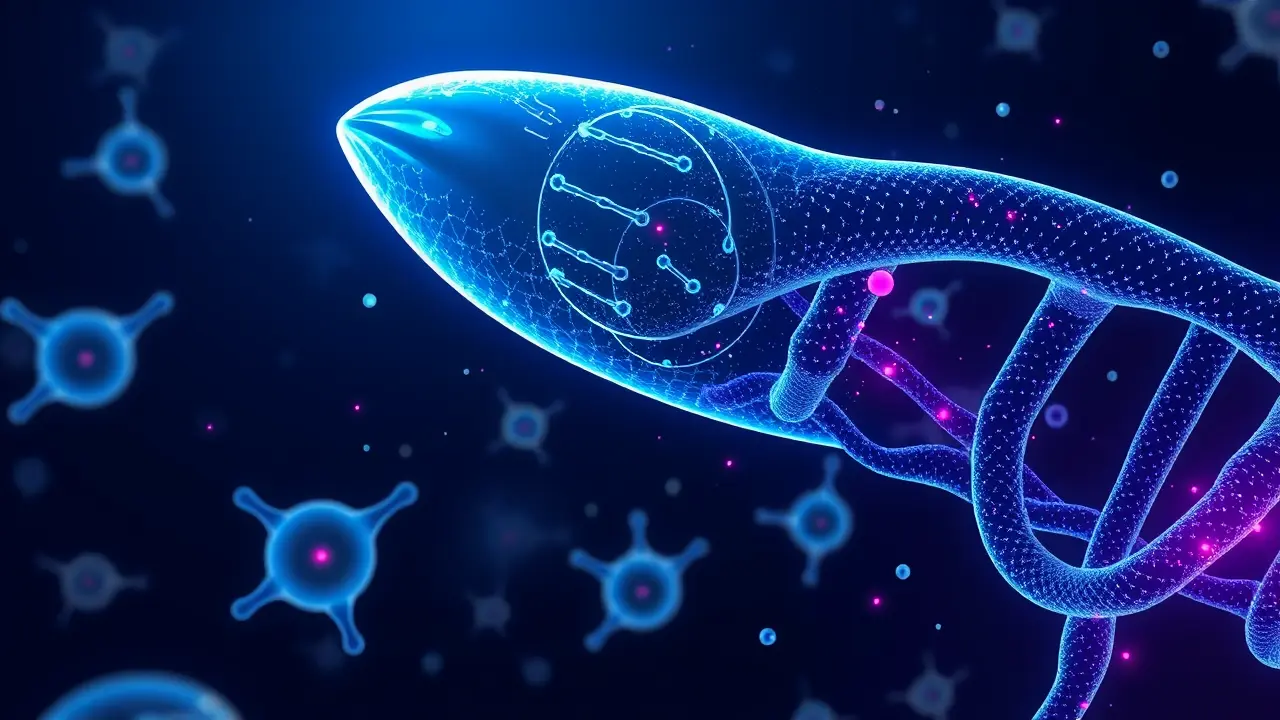The hidden evolution making men’s sperm more dangerous with age
The quiet, cellular war waged within the male reproductive system over a lifetime is a frontier of science as consequential as any CRISPR breakthrough or AI model. Groundbreaking research, deploying the kind of advanced genomic sequencing that was science fiction a generation ago, has pulled back the curtain on a startling evolutionary process: as men age, their sperm don't just accumulate random genetic typos; they become a battleground where certain harmful mutations are actively, and unnervingly, favored.This isn't passive decay; it's natural selection operating in its most intimate and consequential theater—the testes—with profound implications for the genetic health of the next generation. The study, moving beyond the long-held focus on maternal age, identified dozens of genes under significant selective pressure, many of which are directly linked to serious developmental and neurological disorders.Imagine a scenario not of random errors, but of specific genetic variants that, for reasons still being decoded, confer a slight competitive advantage to the sperm cell itself, perhaps enhancing its motility or resilience, even as that same variant carries a devastating payload for a potential child. This is the hidden evolution at play, a biological trade-off where the drive for a sperm cell to win the race to fertilization tragically trumps the long-term health of the offspring it might create.It’s a paradigm shift in our understanding of heredity, revealing that the genetic legacy a father passes on is not a static snapshot but a dynamic, and increasingly risky, portfolio shaped by this internal, age-accelerated selection. The mechanisms are complex, potentially involving selfish genetic elements or epigenetic shifts that alter the playing field within the seminiferous tubules over time.For clinicians and genetic counselors, this work sounds a clarion call, necessitating a deeper look at paternal biological age and its specific mutational signatures, potentially revolutionizing pre-conception genetic screening. The ethical dimensions are equally vast, touching on conversations about family planning, paternal responsibility, and the very forces that sculpt our species' genetic future. As we stand at the confluence of biotech and genomics, this research underscores that some of the most powerful forces shaping human health are not in a lab or a clinic, but are playing out in a silent, relentless evolutionary contest within us all.
It’s quiet here...Start the conversation by leaving the first comment.
© 2025 Outpoll Service LTD. All rights reserved.
